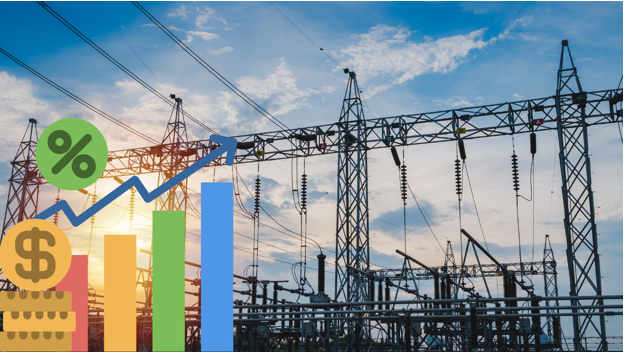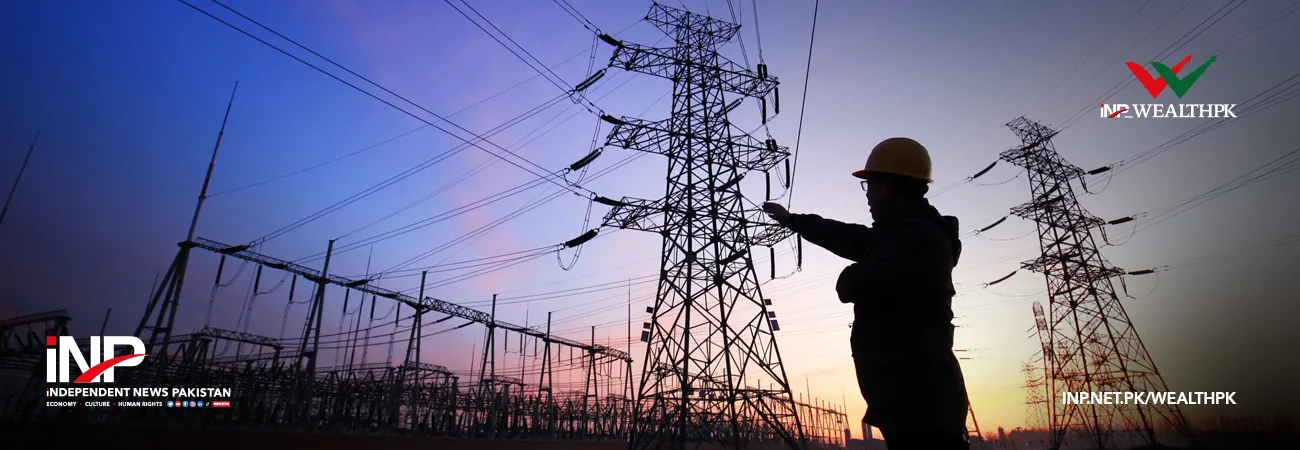INP-WealthPk
Muhammad Saleem
High power tariffs are undermining productivity in Pakistan’s industrial sector, particularly in the textile industry. Salamat Ali, former central chairman of the Pakistan Hosiery Manufacturers and Exporters Association, talking to WealthPk, said that textile mill owners are trying to convince the policymakers that they need a level playing field to compete with regional business rivals in the international market.

He said they had categorically informed policymakers that the high cost of energy is creating serious challenges for exporters in Pakistan, but unfortunately, the authorities have not paid any attention to the issue. He said that over the past few years, electricity rates have increased sharply, creating a range of challenges for exporters.
“The situation is quite difficult for us, forcing some textile mills to make huge investments in power generation just to keep their product prices competitive in the market. Electricity is a major component of production costs, and affordable rates would help exporters create more jobs, reduce poverty, and fetch the much-needed foreign exchange for Pakistan,” he added.
He pointed out that whenever electricity prices rise, production costs also go up. Regional business rivals, such as Bangladesh and India, provide cheap electricity to exporters, but in Pakistan, the situation is completely different. He explained that although international buyers are interested in placing orders with Pakistani exporters, they often ask for lower prices.
“When we are unable to offer such concessions, the buyers shift their orders to competitors in other countries,” he claimed. Besides, he mentioned that factories are unable to run machines during peak hours due to the high cost of electricity. To avoid a financial burden, many mills either reduce their working hours or operate only during off-peak hours, he added.
“This situation hurts productivity, causes delays in shipments, and damages our reputation and profitability,” he lamented. Rehan Naseem, President of the Faisalabad Chamber of Commerce and Industry, while speaking to WealthPk, said that due to the high cost of energy, industries try to save money in any way they can. Unfortunately, this often means saving by cutting corners on maintenance, upgrading old machinery, or avoiding investing in automation.
He said that information technology is changing business practices, and if companies don’t upgrade their machines or processes, exporters will suffer from reduced productivity and lower quality of products. Similarly, he said such companies will also struggle to deliver products timely, which results in lost orders, dissatisfied customers, and damaged trust–all of which are bad signs for the industry.
He said that it has been observed that many industries rely on backup generators to avoid power outages, which places a financial burden on them and pollutes the already damaged environment. He claimed that high electricity costs force millers into inefficient practices, reducing overall competitiveness. “To put it simply, high power costs discourage all sorts of industries from becoming more modern and efficient.
This is harmful to Pakistan’s long-term economic growth and job creation,” he added. It is extremely urgent to reduce energy rates, as Pakistan’s textile exports are already losing ground to competing countries. He said these countries offer cheaper energy and better support to their industries, enabling them to secure more international orders.
He emphasized the urgent need for energy tariff reforms, warning that continued inaction could lead to more factory closures, increased unemployment, and further economic decline. Given the current scenario, he stressed that energy reform is crucial for the development of Pakistan’s industrial sector. Without affordable and reliable power, he said, we cannot grow our industrial sector or improve export competitiveness in a sustainable way.
Credit: INP-WealthPk










